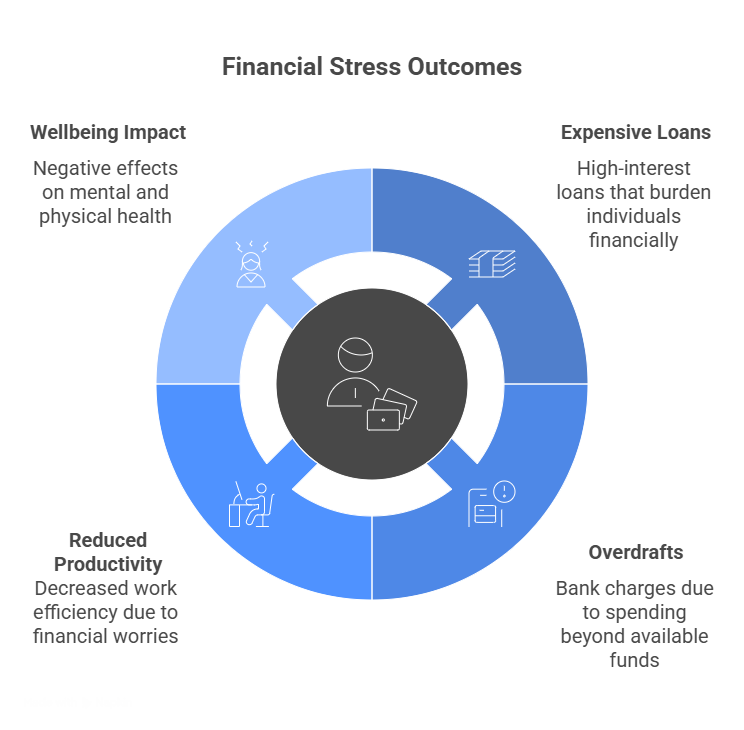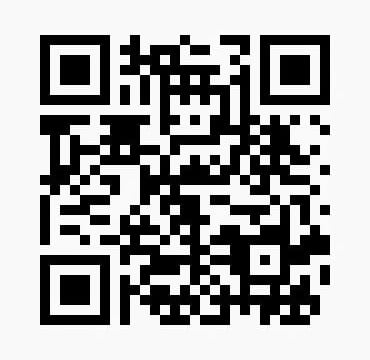Earned Pay, Real Relief – The New Pay Power for Government Workers
7/27/20254 min read


Earned Pay, Real Relief – The New Pay Power for Government Workers
Living Month to Month: The Silent Reality for Government Employees
It's a misconception that government jobs equal gravy train and financial comfort. Many public servants across all three tiers of government, especially those in junior or mid-level positions, are living paycheque to paycheque. Inflation has eaten into their buying power, whilst fixed incomes can't stretch to meet growing expenses. As a result, even minor emergencies—like a burst tyre or medical bill—can derail their entire budget.
Without access to affordable credit or savings cushions, government workers often turn to costly products like credit cards, bank personal short-term loans or payday loans. These options may provide short-term relief but come with long-term consequences—sky-high interest, stress, and dependency. For someone earning a stable salary, it's tragic to be locked in a cycle of debt due to timing mismatches.
Earned Pay Access (EPA) disrupts this cycle by giving workers access to a portion of their earned wages before payday. Instead of borrowing money, employees can unlock what's already theirs, interest-free. It's a simple, tech-enabled solution that meets urgent needs without creating new problems when managed properly.
Financial Education Tip
Budgeting weekly, not monthly usually provides a quick dashboard to check personal financial position. It is recommended to use EPA to smooth out income dips and avoid turning to credit for everyday expenses. Financial empowerment begins with knowing your income pattern and planning around it.
"Debts are like children: the smaller they are the more noise they make and grow quicker than you can be aware"
—Spanish Proverb
Escape the Debt Trap: EPA vs. Payday Loans
Payday lenders are fast seemingly easy cash. However, the costs are horrendous. A R2,000 loan can balloon into R3,000 or more within a month due to fees and interest. It's no wonder that many end up in repeat borrowing cycles, paying off one loan with another. This is especially common among employees waiting for end-of-month government paydays.
Unlike loans, EPA gives workers access to a portion of their already earned wages. There's no borrowing, no interest, and no credit check involved. It's a smarter alternative that aligns with how income is earned—daily or weekly—whilst protecting employees from financial predators.
For government institutions, supporting EPA is not just a perk but a retention tool. When employees feel financially secure, they show up more focused, motivated, and loyal. Absenteeism due to financial stress also drops significantly.
Financial Education Tip
Learn to calculate the real cost of borrowing. Compare loan interest to EPA costs and always ask: is this my money or someone else's? Borrow less. Earn more access.
"Doctors know needles hurt. They give shots nonetheless. Why? Because they know that little bit of discomfort up front leads to miracles down the road."
—Don Connelly
When Salaries Aren't Enough: Facing the Cost-of-Living Crunch
The cost of essentials—transport, electricity, groceries—is climbing faster than salaries whilst inflation can rise monthly. This lag makes financial planning difficult, particularly for families with children or dependents.
In this environment, fixed monthly pay cycles are out of sync with real-time needs. A child's school shoes can't wait until payday. Neither can a broken stove or an urgent trip to the clinic. These everyday events become stress triggers, not because salaries are absent—but because access is delayed.
EPA bridges the timing gap. It lets employees access earned pay when needed—before the official payday. By realigning earnings with emergencies, it prevents debt whilst preserving dignity.
Financial Education Tip
Track inflation in your household—compare prices monthly. Adjust your budget accordingly and use EPA to handle sudden cost spikes without defaulting on bills or borrowing.
"It isn't the mountain ahead that wears you out; it's the grain of sand in your shoe."
—Robert W. Service
Financial Stress is Mental Stress: Why Government Workers Need Relief
Financial worries don't clock out at 5 PM. They follow employees into the workplace, affecting morale, concentration, and performance. Teachers, nurses, admin staff—all are mentally affected when they're juggling debts or wondering how to make it to the end of the month.
Studies show that money stress is one of the top contributors to workplace burnout. Government employees often serve vulnerable communities—and if they're financially distressed, it becomes difficult to deliver quality public service. It's a vicious cycle, where personal stress lowers productivity and productivity pressures increase personal stress.
EPA provides peace of mind. Knowing you can cover unexpected expenses without falling behind on rent or bills creates a sense of control. When employees feel financially stable, their mental health improves—and so does job performance.
Financial Education Tip
Identify stress triggers related to money. Use mindfulness apps, seek financial counselling, and set short-term goals. Remember, controlling your money is the first step toward controlling your stress.
"I feel that luck is preparation meeting opportunity."
—Oprah Winfrey
Smart Money, Small Steps: Building Financial Resilience with EPA
Financial resilience isn't built overnight—it's formed from daily habits and intentional decisions. For many government workers, resilience begins by eliminating reliance on debt and building access to emergency cash. EPA can be the launchpad for that transformation.
By unlocking wages as they're earned, employees can handle surprise expenses without touching savings or taking loans. Over time, this creates stability and space for forward planning. Resilience isn't about how much you earn—it's about how well you manage it.
When used wisely, EPA can help build a financial buffer. Imagine saving just R50 a week from your earned pay over six months—that's a R1,200 emergency fund, created without loans or sacrifice.
Financial Education Tip
Set a mini-goal: save 10% of each early pay access for six months. Label that account "Resilience Fund" and watch how small actions bring big security.
"It always seems impossible until it's done."
—Nelson Mandela
Ready to transform your financial wellbeing? Contact us to learn more about implementing Earned Pay Access for your organisation.
DISCLAIMER
CZApay offers these articles for educational purposes only and they should not be considered professional or investment advice. While CZApay is pleased to offer these articles as an educational service to our customers, CZApay does not guarantee, warrant or recommend the opinion or advice or the product and/or services offered or mentioned in these articles. Any opinions, judgements, advice, statements, services, offers or other information presented within an article are those of a third party and not CZApay. For a comprehensive review of your personal finances, always consult with a tax or legal advisor. Neither CZApay, nor any of its representatives may give legal or tax advice.
CZApay
Transforming lives through financial inclusion.
CONTACT
© 2025. All rights reserved.
COMMUNITY


website by buzzcraft.co.za
